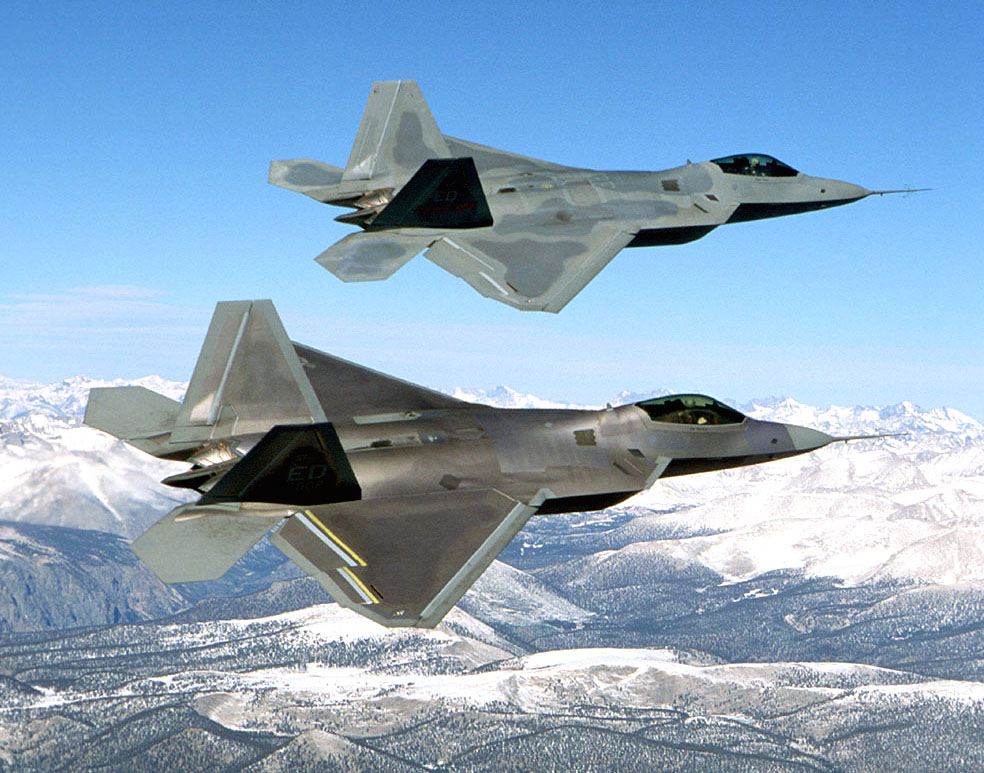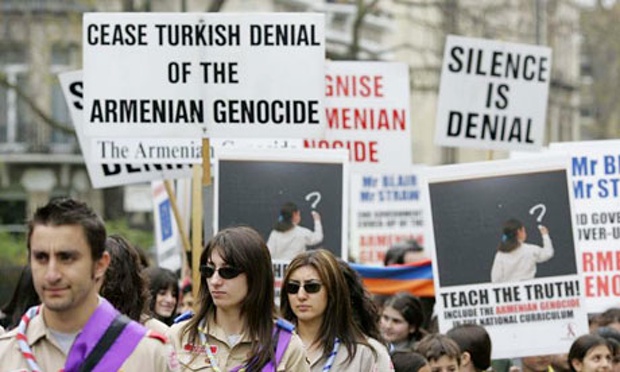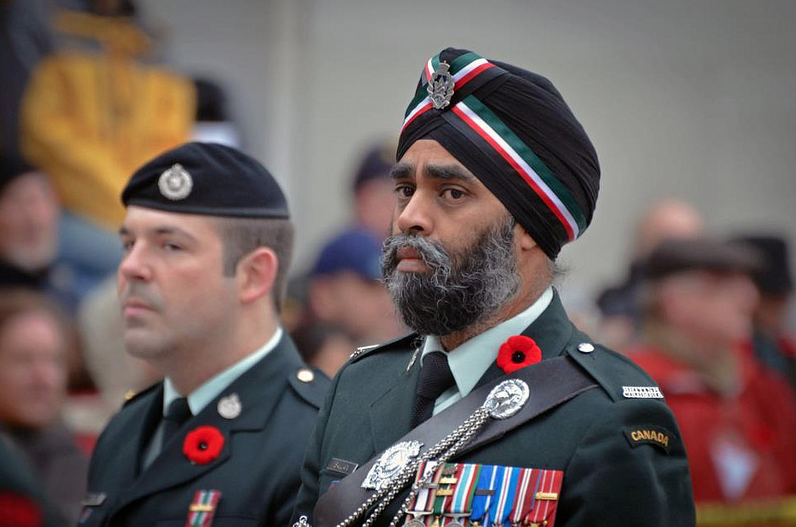On September 23, 2014, NATO issued a statement clarifying that it was not involved in the US-led air strikes on Islamic State (IS) targets in Syria. IS, a group bred out of Al-Qaeda, has, over the last year, fortified itself in Iraq and Syria. The Islamist extremist group aims to establish an Islamic state, or caliphate, across parts of the Middle East. In June, IS conquered the Iraqi city of Mosul and carried out mass killings of religious minorities, foreign journalists, and soldiers. The city was deemed to be essentially free of Christians, after the group offered the following options to Christian citizens: convert to Islam, pay a tax, or face death.
Not only has IS has been making headlines worldwide due to its brutal tactics, but the US’s role in the fight against IS has as well. Critics argue that the US should not intervene in what is looking more and more like another “War on Terror.” They cite the 2003 Iraqi invasion, arguing that it was carried out on false grounds, and maintain that Obama is simply using IS as an excuse to invade the region yet again.
It is important to note, however, that the US is not in a position to stand idly by. The initial decision to invade Iraq, as well as Obama’s announcement to withdraw NATO troops from the region in 2009, were both executed under the guise of establishing democracy and stability in the state. Since the withdrawal of US forces in 2011, another terrorist group has consolidated and expanded its power and influence in the same region. The US has therefore no choice but to continue its military offensive against IS. To allow IS to conquer Iraq and strengthen its presence in nearby countries would be a direct failure of all US intervention in Iraq. It is precisely for this reason that the United States must continue to play a lead role in combating IS militants in Iraq and Syria.
While NATO may not have had a direct role in the US-led airstrikes in Syria, the actions of the US, as a member state, do, to some extent, involve the organization. As much as NATO would like to distance itself from the coalition’s controversial campaigns, the organization cannot claim neutrality if it does not condemn the military engagement of its member states.





